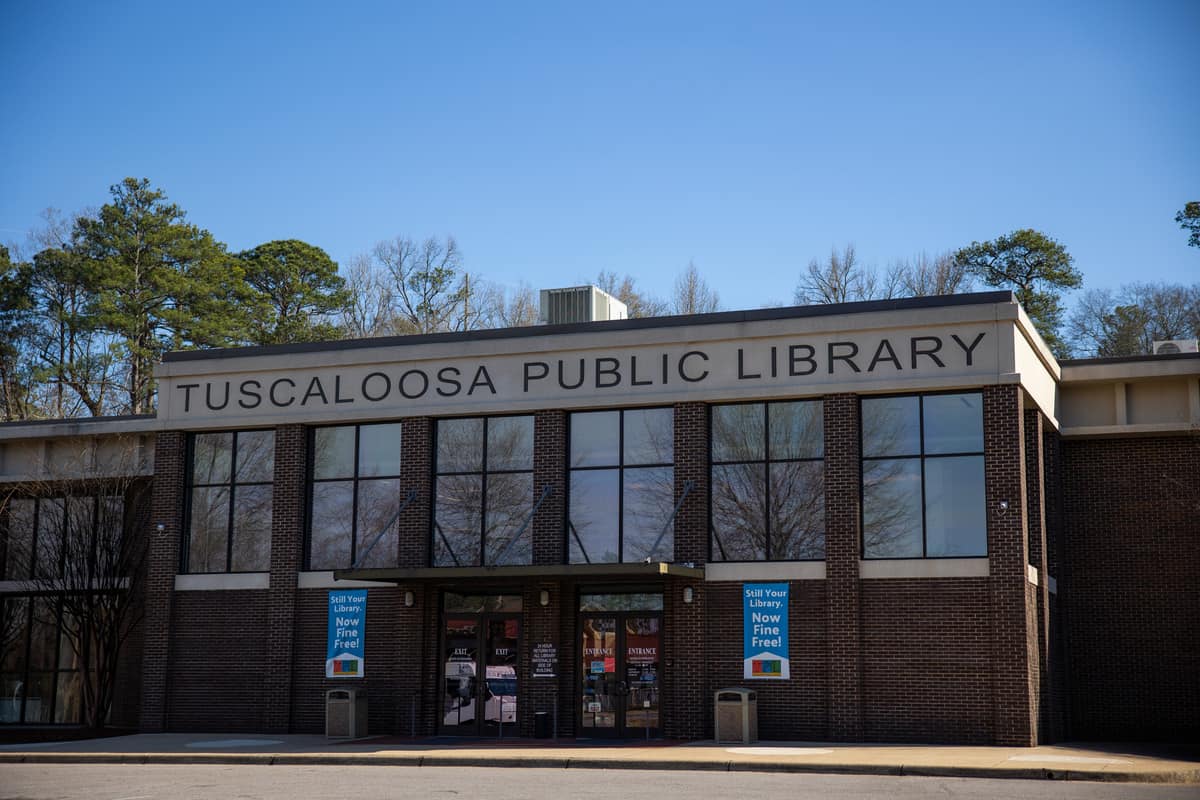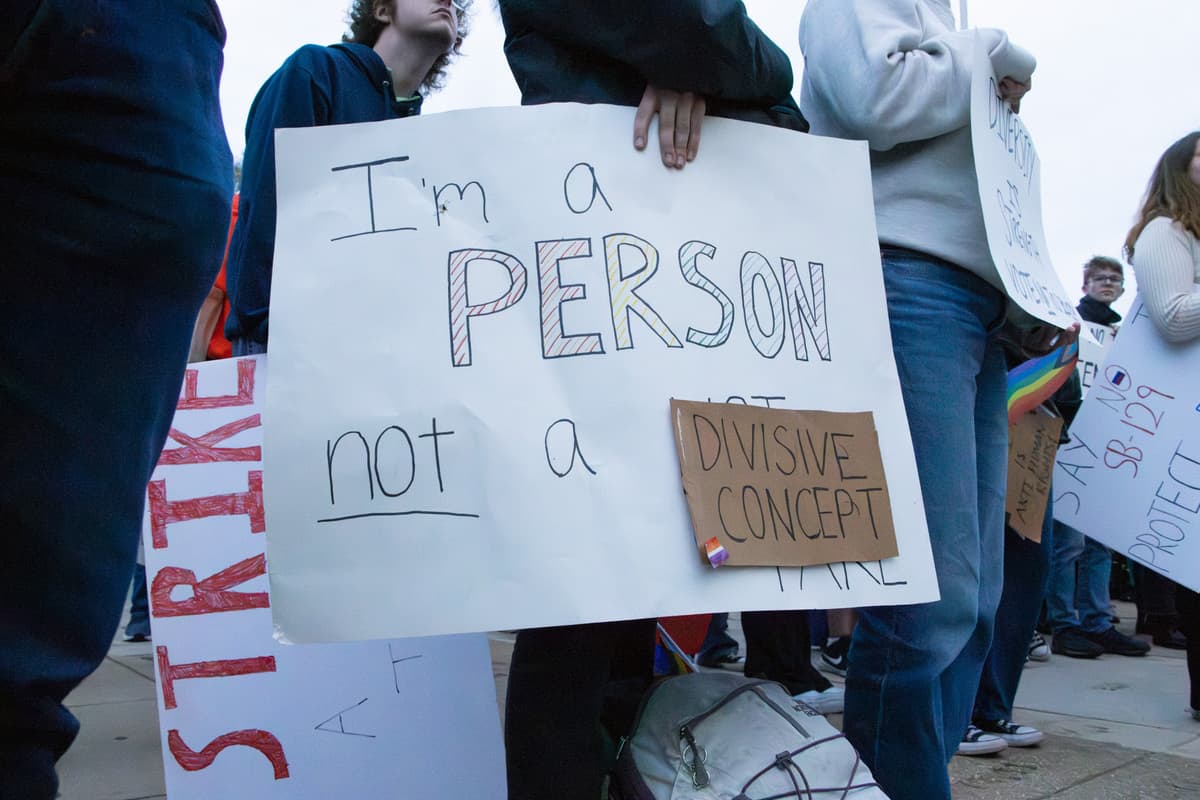It’s hard to know how to respond to Joe Puchner’s recent column on political correctness. On the one hand, I understand the need for reservation when speaking about such sensitive topics as religion. On the other hand, Puchner’s comments are so logically inconsistent and veer so close to outright Islamophobia that I feel compelled to respond.
The thrust of Puchner’s argument is that extremist Muslims are “protected by a shield of political correctness.” He asks, “Why is it okay to take cheap shots at the Pope for following his religion, but not okay to call out a Muslim extremist for his acts of terrorism?”
First of all, let me say how odd is it that Puchner doesn’t think the Pope should be held to a higher moral standard than terrorists. Second, I would like to point out Puchner’s comments aren’t at all reflective of reality, because Muslim extremists have been more harshly condemned by our culture than perhaps any group since Soviet Russia. Members of both political parties assert that ISIL is not only evil, but must be destroyed to protect our country. And the recent attacks in Paris have been broadly condemned as one of the worst atrocities in recent memory. Furthermore, I have never heard anyone argue that it is not okay to criticize al-Qaeda, ISIL, Hamas or any other Islamist terrorist organization.
Puchner‘s assertion that Catholic leaders are under constant attack is similarly perplexing, because I’m hard-pressed to think of a time that the media attacked Catholic individuals rather than Catholic doctrine. For example, despite Puchner’s claims, there is no article on The Crimson White criticizing Pope Francis. Most of the criticisms of Catholicism I’ve seen involve either sex abuse scandals or the role of Catholic doctrine in the public sphere, both of which I think are topics deserving of discussion.
At this point, I’d like to address the most worrisome element of Puchner’s column – the suggestion, thinly hidden in subtext, that ordinary Muslims are to blame for terrorism. Early in his piece, Puchner complains political correctness has led some to claim that we “should not condemn the entire religion of Islam because of these attacks.”
I would like to ask Puchner: What’s wrong with not condemning the entire religion of Islam for terrorism? Approximately 1.6 billion people are Muslim. Should they all be accountable for the actions of three French extremists? Should we blame liberal businessmen in Saudi Arabia, conservative Shiites in rural Iraq and third-generation immigrants in France? If the answer is yes, should we blame every single person for every atrocity committed by those on the fringes of their religion?
Puchner’s column ends on a threatening note: “Our inability to stand against [violent extremists] has been hampered by this shield of political correctness, ultimately leading to grave and deadly consequences.”
I’d hate to believe that when Puchner criticizes “political correctness,” he’s really talking about Islamic tolerance. And I’d especially hate to believe he’s blaming Islamic tolerance for the recent tragedy in France. But given recent comments to that effect by pundits like Bill Maher, I think it’s important to take the subtext of Puchner’s column seriously – and to expect better in the future.
Nathan James is a senior majoring in psychology. His column runs weekly.






